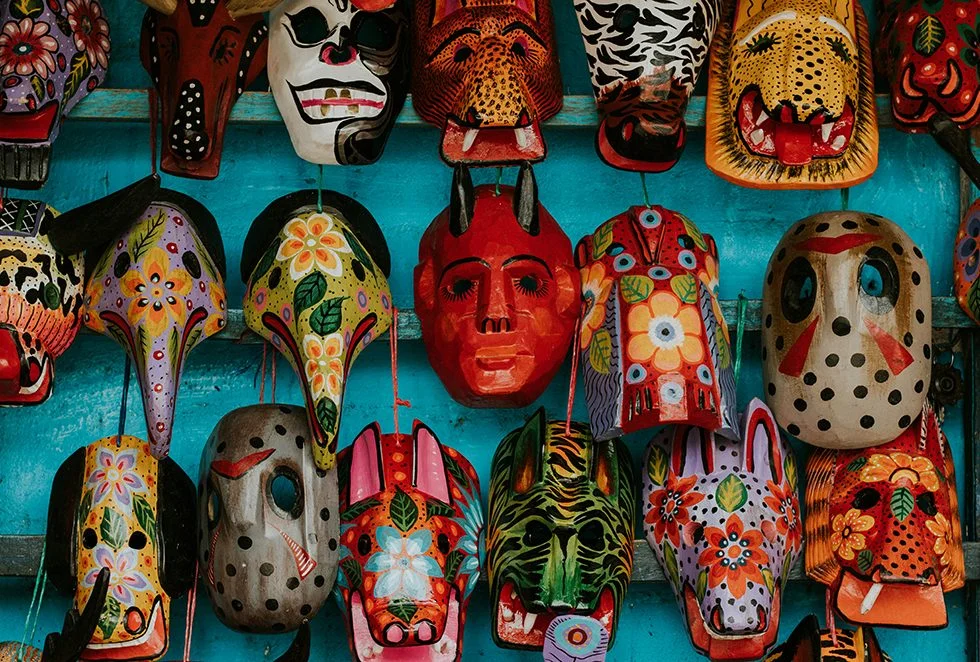Relationships • Parenting
The Importance of Swords and Guns for Children
It’s a dark day for many a civilised, pacific parent when their young child declares that they want something the parent prayed they would never call for: a sword, a helmet, a pistol, a machine gun, a bow and arrow.
The request is liable to kickstart some agonised soul searching. What might the parent have done to provoke such blood lust? How might society have corrupted another previously pure young mind? What has gone wrong?
The odd sounding truth is nothing whatsoever; in fact, everything is going exactly according to the laws of healthy psychological development.
Whatever we choose to do with it, whether we own up to it or not, we all have – by an ineradicable law of nature – an aggressive side to our characters. The most outwardly sweet natured person has – somewhere within – a temper and wants occasionally, at the level of the imagination, to destroy and even plunge a (plastic) sword into an opponent.
The issue is not whether or not one has aggressive feelings, rather how one can, through intelligent modelling, learn to accept, handle and channel these feelings in fruitful, non-destructive ways.
There are families in which anger is, for a variety of reasons, strictly not allowed. Perhaps in this family, we are all sweet and sweet people have no anger. There can be no gunfights or losses of temper. Smiles are mandated. Perhaps in another family, only one adult is allowed to be angry and everyone else must be docile. Or perhaps aggression belongs to one gender – and definitely not another.
But a person who never registers or displays anger isn’t ever truly pacific, they have simply been disbarred from knowing themselves properly. When they were little, someone outside them found their anger too threatening to witness and censored it for their own sake rather than for the child’s well-being.
The consequences can be far from pretty. Unangry people aren’t ever just sweet. They tend to be unusually bitter. Their anger festers within, it builds up a head of steam, it curdles and emerges as sarcasm, bitterness, black irony or depression. It breaks off and becomes directed towards scapegoats. It bounces back as paranoia. It gives birth to backache and insomnia.
Those who haven’t been shown a sanguine way of responding to their own aggression become scared of their own natures. They imagine no middle ground between perpetual serenity and unbounded viciousness. They exaggerate the consequences of anger; they fail to see how an argument can start and then be gracefully unwound; how one might tell someone one hates them and make up ten minutes later, how one could – as an adolescent – declare one loathes everyone in the family and return to gentleness by nightfall.
At a political level, the consequences of pent-up rage can grow especially severe. Wars are typically started not by those who have had a chance to explore their anger but by those whose passions have been driven underground and then erupted into vengeful ideologies against so-called enemies. We shouldn’t be surprised that some of the worst atrocities in conflicts have been committed by ostensibly very ‘good’ people, whose previous docility was, one realises when it’s too late, bought at too high a price.
A child can stand on the sofa with a sword and declare themselves the ruler of the universe at one moment and then, at another, the drama having passed, can be cuddling nounou and reading a bedtime story like an angel. Anger can be a phase one passes through, not a dread-filled one way destination. Well-channelled and bounded, it can be a mood not a tragedy. We may love peace very deeply and yet still recognise how much further we may have to go in discovering a wise accommodation with our furies and passions.



























